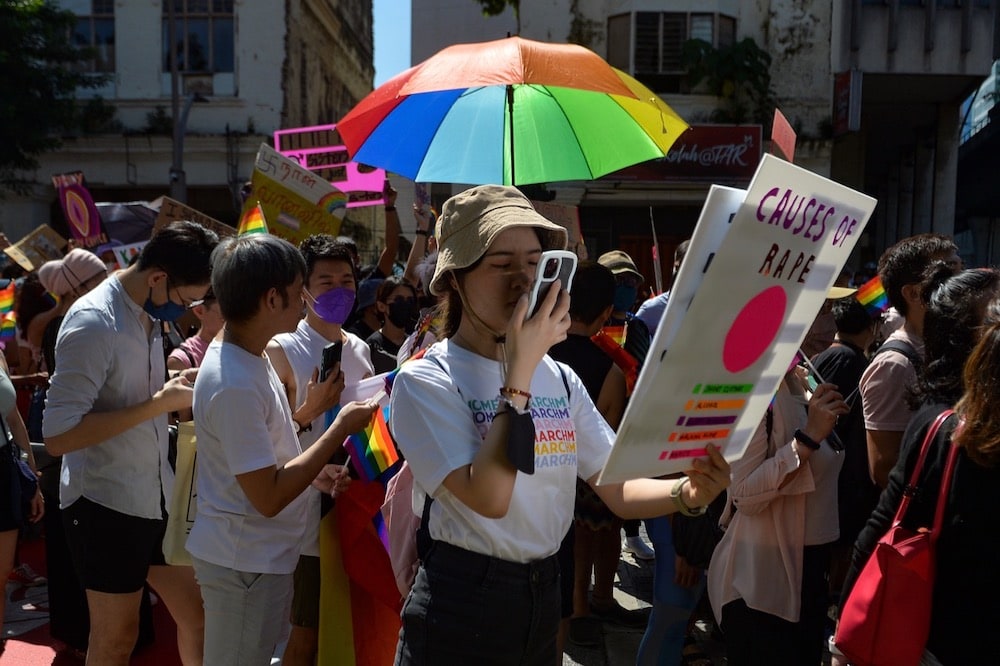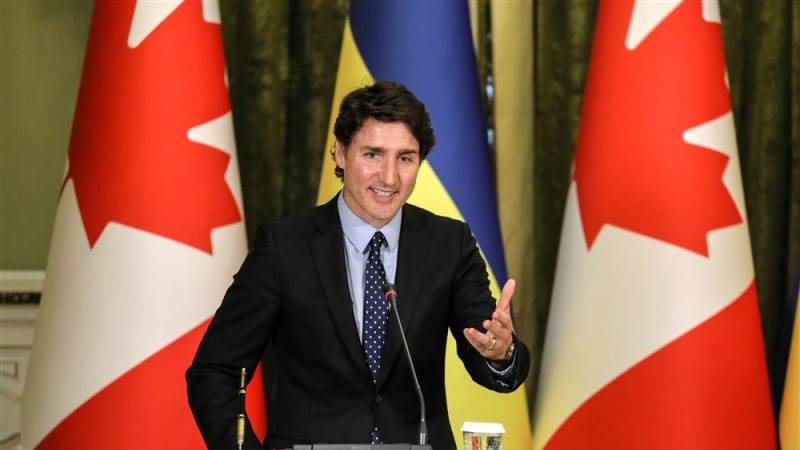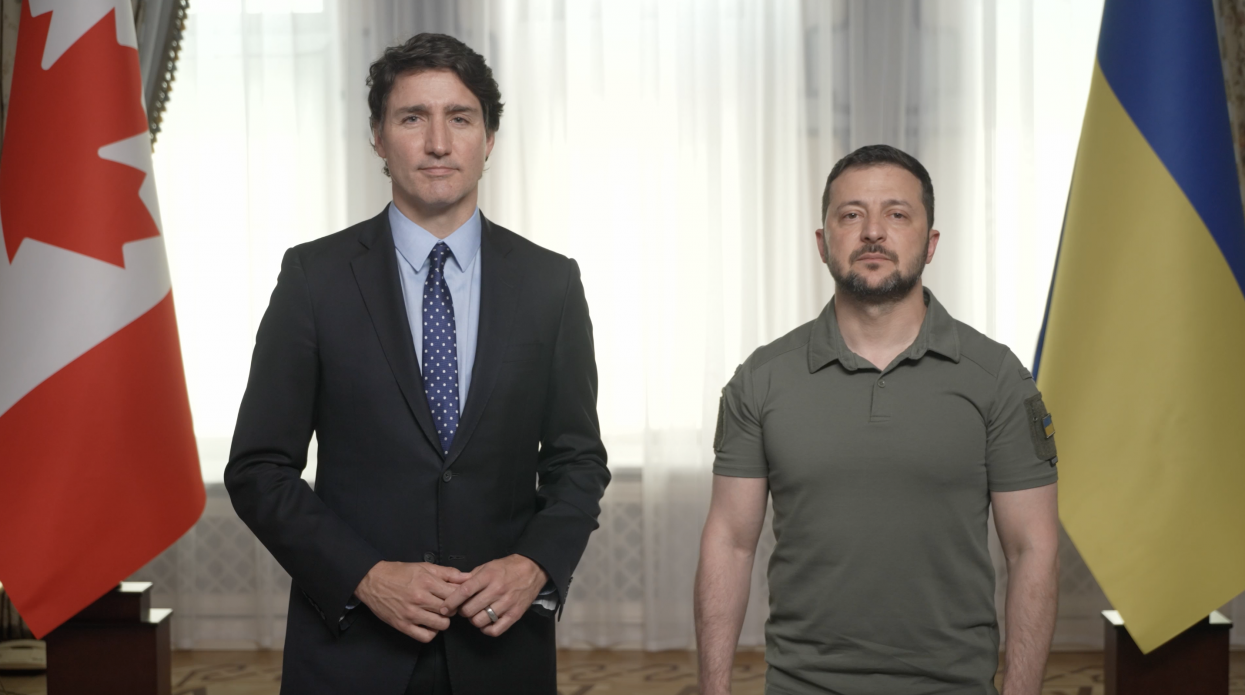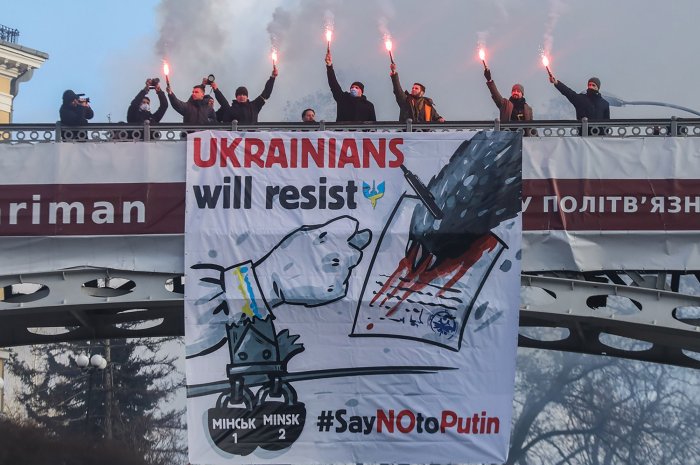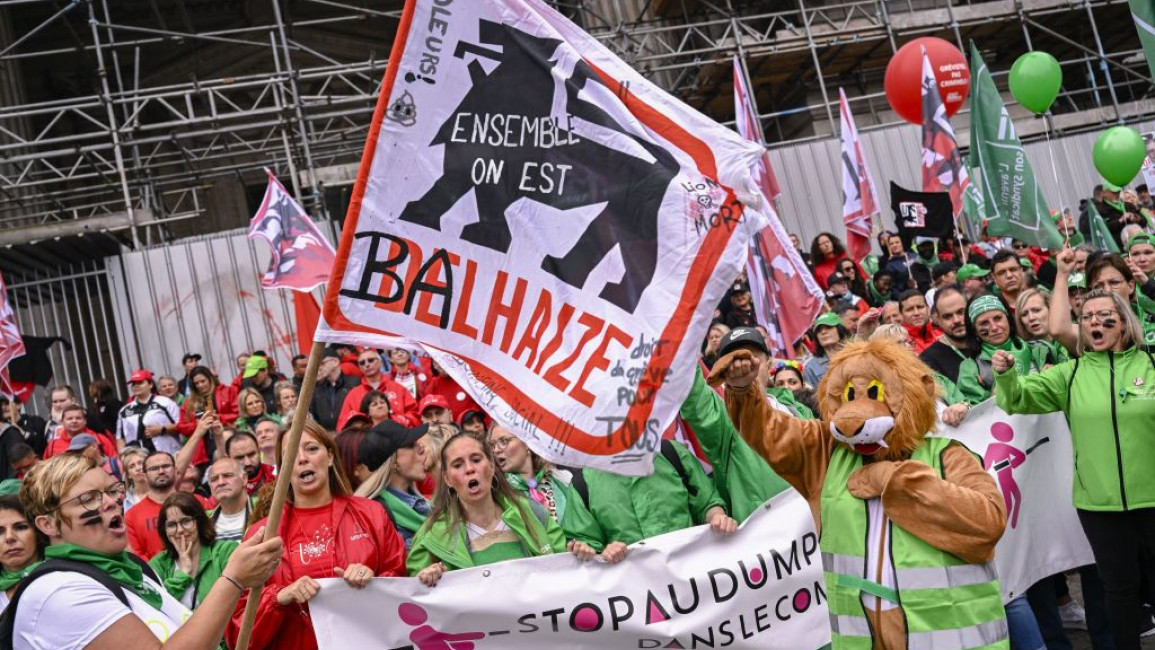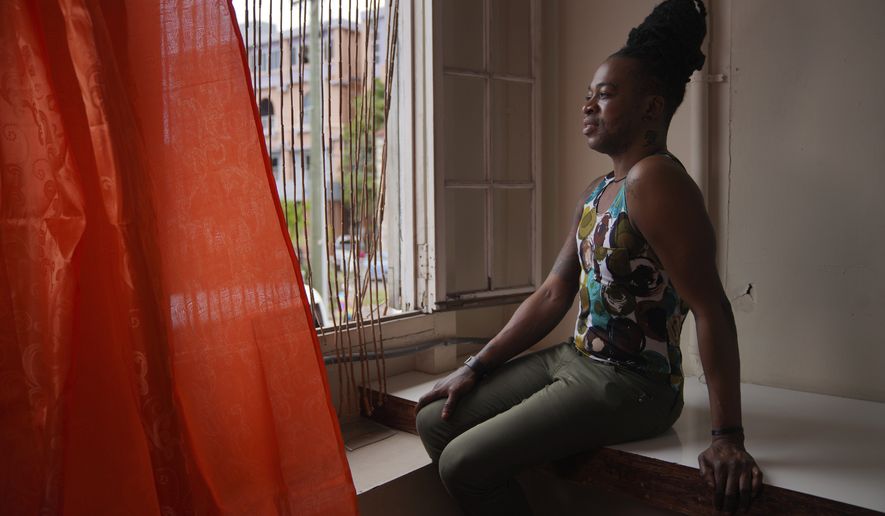
By Luis Andres Henao - Associated Press - Sunday, June 11, 2023
ST. JOHN‘S, Antigua — For years, Orden David was persecuted in his native Antigua and Barbuda — a frequent complaint by many LGBTQ people who fear for their safety across the conservative and mostly Christian Caribbean, where anti-gay hostility is widespread.
David was bullied and ridiculed. One time, a man stepped out of a car, made a comment about how a gay man was walking on the street late at night, then hit him in the head. More recently, another stranger struck him in the face in broad daylight, knocking him out. That’s when he had enough.
Facing ostracism and risking his life as the public face of the LGBTQ movement, David took his government to court in 2022 to demand an end to his country’s anti-sodomy law.
“I realized that with our community, we’ve gone through a lot and there’s no justice for us,” Orden told The Associated Press. “We all have rights. And we all deserve the same treatment.”
Last year, a top Caribbean court ruled that the anti-sodomy provision of Antigua‘s sexual offenses act was unconstitutional. LGBTQ-rights activists say David‘s effort, with the help of local and regional advocacy groups, has set a precedent for a growing number of Caribbean islands. Since the ruling, St. Kitts & Nevis and Barbados, have struck down similar laws that often seek long prison sentences.
“It’s been a legal and historic moment for Antigua and Barbuda,” said Alexandrina Wong, director of the local non-governmental organization Women Against Rape, which joined the litigation coordinated by the Eastern Caribbean Alliance for Diversity and Equality.
“Our Caribbean governments are getting a good grip of what the world looks like and how we can reshape our history and … the future of the Caribbean people,” Wong said.
The ruling said Antigua‘s 1995 Sexual Offences Act “offends the right to liberty, protection of the law, freedom of expression, protection of personal privacy and protection from discrimination on the basis of sex.”
Antigua and Barbuda Prime Minister Gaston Browne told the AP that his government decided not to challenge the ruling: “We respected the fact that there should be no discrimination within society,” he said. “As a government, we have a constitutional responsibility to respect the rights of all and not to discriminate.”
The law stated that two consenting adults found guilty of having anal sex would face 15 years in prison. If found guilty of serious indecency, they faced five years in prison.
Such laws used to be common in former European colonies across the Caribbean but have been challenged in recent years. Courts in Belize and Trinidad and Tobago have found such laws unconstitutional; other cases in the region are pending.
Same-sex consensual intimacy is still criminalized in six Caribbean countries, according to Human Rights Watch and the London-based organization Human Dignity Trust. The countries include Dominica, Grenada, Guyana, St. Lucia, St. Vincent and the Grenadines, and Jamaica, which some LGBTQ-rights groups consider the Caribbean nation most hostile to gay people.
“Governments in these jurisdictions should be pro-active and repeal these laws now, instead of waiting for members of the LGBT community to force legal change,” said Téa Braun, chief executive of Human Dignity Trust. “With three successful judgments last year and further legal challenges in the Caribbean ongoing, it is only a matter of time before these laws fall across the region.”
Jamaica’s government has argued that it doesn’t enforce its 1864 anti-sodomy laws, but activists say keeping these laws on the books stokes homophobia and violence against the LGBTQ community in several Caribbean countries.
LGBT people in such countries, face “a constitution that criminalizes them on one end, and a religion that says they’re an abomination,” said Kenita Placide, executive director for The Eastern Caribbean Alliance for Diversity and Equality.
“It has created a culture of stigma and discrimination, which has now led to violence,” she said. “And in each of those countries, including Antigua, we’ve seen LGBT persons who’ve fled because of certain levels of violence.”
Growing up, Orden David was bullied in school and discriminated against outside its walls. People took photographs of him and posted them on social media, called him slurs and attacked him physically.
“What pushed me to go forward with this litigation case, to challenge the government, is that experience that I’ve gone through in life,” David said, adding that in 2019 he was knocked out by a stranger who hit him on the face while he was working in a hospital.
Discrimination against LGBTQ people persists in the Caribbean. Some conservative lawmakers and religious leaders oppose the abolition of anti-gay laws invoking God in their arguments and calling gay relationships a sin.
“I don’t think that God created man and woman to engage in that way,” said Bishop Charlesworth Browne, a Christian pastor who is president of the Antigua and Barbuda Council of Church Leaders. For years, he has campaigned against easing the country’s anti-gay laws.
“It’s not just a religious issue. It’s a health issue,” Browne said. “It’s for the sake of our children, the health of the nations, the preservation of our people.”
Some major Christian denominations, including the Catholic Church, say all sexual activity outside of a marriage between a man and a woman is sinful. Other houses of worship, including many mainline Protestant churches and synagogues, have LGBTQ-inclusive policies.
When LGBTQ activist Rickenson Ettienne also was brutally attacked in Antigua for being gay, his church community sang and prayed for him outside the hospital while he recovered from a cracked skull. “It was traumatic,” he said of the assault. “But even with that experience, I found out that there’s humanity, there’s the human side of people.”
Although David didn’t face outright intolerance at the Christian church where he grew up singing in the choir, he grew disenchanted by some parishioners who tried to introduce him to the scientifically discredited practice of so-called gay conversion therapy. He eventually stopped attending, but believes in God and prays at home.
“Christians need to realize that everybody’s human at the end of the day. And if you’re going to push Christianity and then think that being a homosexual is a sin … then you should put yourself in that same category, as a sinner,” he said.
“Christians are supposed to love, accept and encourage people, not push people away … that’s one of the things that I really don’t believe in: When Christians use the word ‘hate,’” said David. He has the Chinese word for “love” tattooed on his neck, and says that loving people is his “number one goal.”
Working for Antigua’s AIDS Secretariat, he tests people for sexually transmitted diseases, distributes condoms and counsels them on prevention, treatment and care. He’s also president of Meeting Emotional and Social Needs Holistically, a group that serves the LGBTQ community. And he volunteers. On a recent night, he walked across dark alleys of downtown St. John’s to hand out condoms to sex workers.
“It’s important to offer the services to the LGBTQ community, and especially to sex workers,” he said. “Because this population are more at risk.”
___
Associated Press journalists Jessie Wardarski in St. John‘s, Antigua, and Danica Coto in San Juan, Puerto Rico, contributed to this report.
___
Associated Press religion coverage receives support through the AP’s collaboration with The Conversation US, with funding from Lilly Endowment Inc. The AP is solely responsible for this content.

